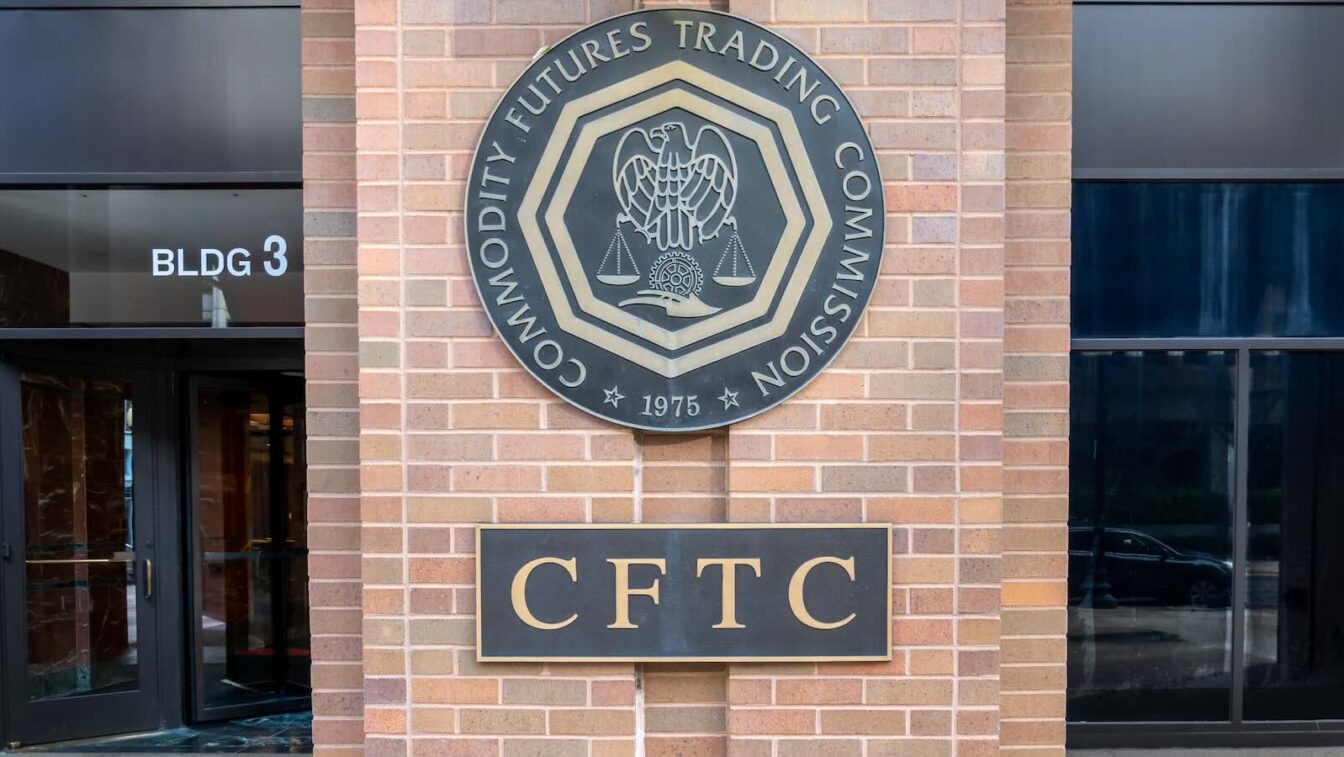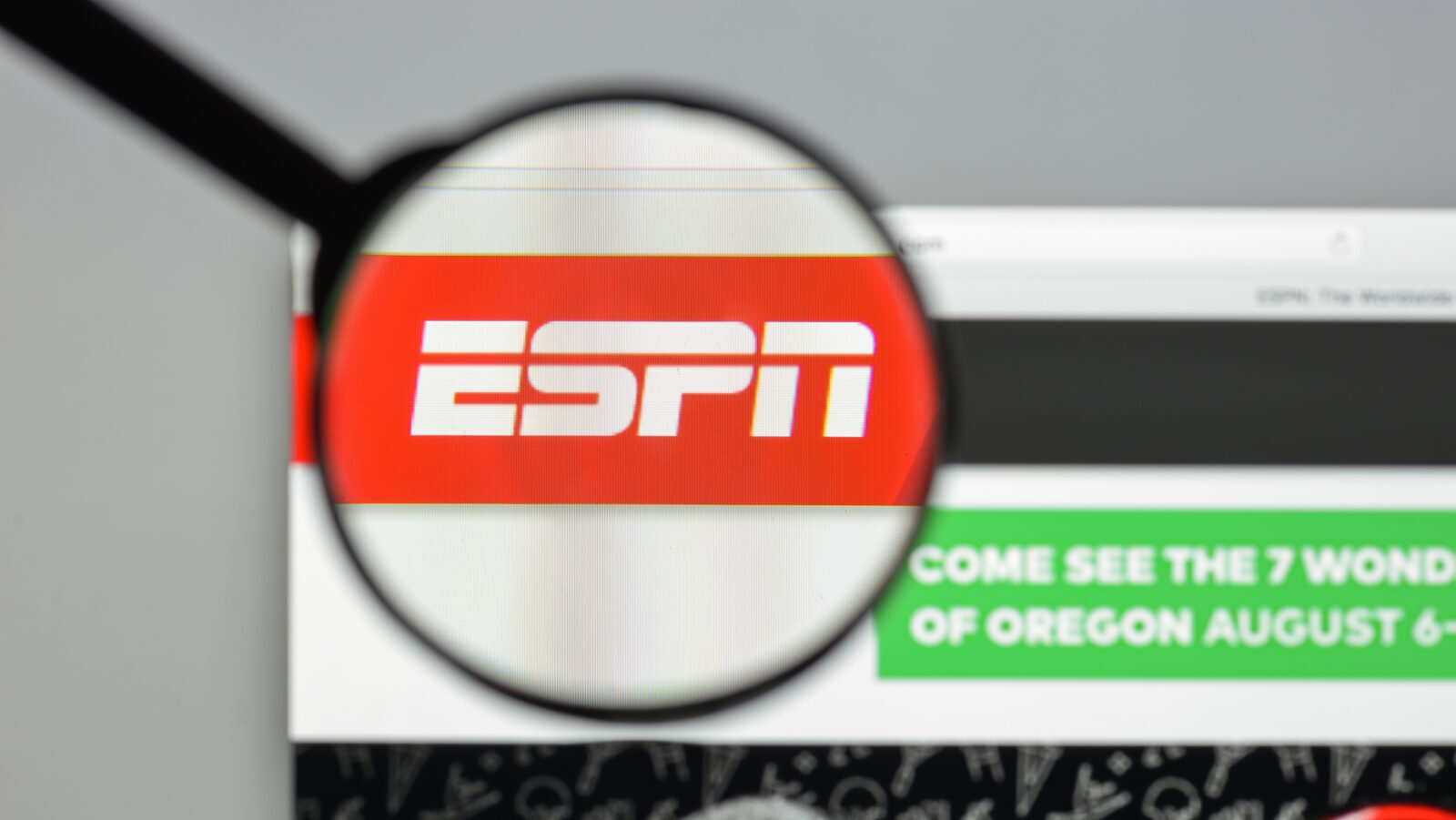AGA Takes Aim At Prediction Markets As Sports Betting Battle Looms
The American Gaming Association is planning to tell the CFTC that states should retain control of sports betting, but it won’t be easy
4 min

One item jumped out at me during the American Gaming Association’s annual State of the Industry presentation on Wednesday.
Well, actually, it did the exact opposite of “jumping out.” It folded into itself like a hyperdimensional cube entering a black hole.
Bill Miller, the president and CEO of the AGA, was speaking about the ongoing and never-ending illegal, gray and unregulated markets that suck money — and trust — out of the gambling ecosystem.
He talked about offshore (which the AGA claims is a $402 billion industry) and skill games (worth $109 million) and …
“Then there’s the newer categories of unregulated actors that appear to bypass or circumvent state gaming laws,” he said. “From currency exchanges to digital asset platforms to digital sweepstakes operators these entrants deploy legal acrobatics to avoid calling themselves betting or gambling only then to offer products that most universally would agree are gambling.”
Notice anything missing?
(A beat.)
Yes, it’s prediction markets, such as Kalshi, which are up and running as we speak. I mean, I could go to Kalshi right now and place a bet purchase a contract on Akshay Bhatia to win the Mexico Open or the United States to top Canada in the 4-Nations Face-Off.
Point being, this is clearly sports betting and it is certainly “circumventing state gaming laws.”
So I asked what the AGA’s position is here.
It was clearer than I expected.
No thanks, CFTC
“It’s something that’s of great concern to us. We’re following what’s happening at the [Commodity Futures Trading Commission] quite closely,” Miller said. “We are planning to submit formal comments and be part of the town hall period where we can weigh in. We look at sports betting that has been built up over the past several years with 5,000 regulators and significant tax revenue that goes to the states and the tribal nations. We are more than a little concerned that this could be washed away by some federal agency.
“We take it quite seriously,” Miller continued. “We believe that sports betting should remain the purview of the states and we’ll continue to make that argument as we move forward working with the administration and the CFTC.”
This is going to be a delicate dance for Miller and company, as, on one hand, he was very laudatory in his prepared remarks concerning President Donald Trump’s view of the gambling world, saying the industry was “well-positioned” under Trump and seemed genuinely tickled about Trump’s visit to Circa in Las Vegas earlier this month.
On the other hand? Well, Donald Trump Jr. is a strategic advisor for Kalshi, and Trump’s pick for the CFTC chair is Brian Quintenz, who is currently … on the board of Kalshi, and as a past CFTC chairman is on the record voicing support for notion that sports event contracts ought to be permissible.
Shake your Magic 8-Ball, ask it, “Is the CFTC going to give Kalshi and other prediction markets the go-ahead to offer quasi-sports betting contracts?” and the answer is going to be “outlook good,” if not a downright “it is certain.”
Chris Grove, Partner Emeritus at Eilers & Krejcik, said as much hours before Miller’s comments. In the Earnings + More newsletter, Grove said, “I don’t see many — if any — meaningful bumps in the road for CFTC-mediated sports prediction markets.”
TL/DR: PASPA
So can the AGA have success in beating back prediction markets?
Miller believes he has the law on his side.
“What I would say is that we believe very strongly that the Supreme Court believed PASPA was invalid because it was unconstitutional to have the federal government be in charge of sports betting,” he said. “This was power reserved to the states, and we believe strongly that the states’ regulatory framework and statutory framework are all the appropriate venues to host and create the opportunity for bettors to bet on sports.”
And while that second part may be true, that first part … maybe not so much.
“Congress can regulate sports gambling directly, but if it elects not to do so, each State is free to act on its own,” was the precise wording of the opinion. Read it for yourself.
TL/DR: The Supreme Court determined that PASPA was unconstitutional, but not because they thought the feds should stay out of sports betting. It was because the feds had no right to “commandeer” states. Meaning … Congress could act, if they so choose, and the federal government could indeed take this thing over, or at least regulate in tandem with the states. (I’m not a lawyer, just to be clear. I barely even watch Law & Order or any of its spinoffs, but I think I have this right.)
After the call, the AGA doubled down against the idea of prediction markets.
“The American Gaming Association opposes current efforts by certain trading platforms and digital exchanges to launch national sports betting circumventing state regulatory frameworks,” said Chris Cylke, the AGA’s senior vice president of government relations. “Legal, regulated gaming in the U.S. – including sports wagering – has worked with state and tribal regulators to develop regulated markets that protect consumers, promote responsibility, and support states and tribal communities in the form of tax revenues.”
“We urge the CFTC to reject these proposals, and these companies should cease offering event contracts during the CFTC’s review period,” Cylke continued. “Failure to sustain and uphold state regulatory frameworks poses potential consumer risks and jeopardizes state revenues dedicated towards critical priorities, such as responsible gaming programs and problem gambling services.”
Can the federal government carry the load for problem gambling services? Well, the federal government is moving decidedly in the other direction in size and reach, now one month into this administration.
And then, beyond all of this, is this question: Do the big guys over at DraftKings and FanDuel even care about prediction markets? Or, as Grove noted, might they be particularly well-positioned to gain from this? Might they simply further squeeze the smaller fish out of the pond?
“If they take rapid and decisive action — say by partnering with Kalshi or Crypto.com, or pursuing their own route to offering prediction markets — there’s measurable upside for DraftKings and FanDuel,” he said.
Grove even floated the idea of Robinhood — which was offering sports contracts before the CFTC asked them to hit pause — going out and swallowing up DraftKings whole.
Remember that hyperdimensional cube I mentioned at the top of this? Yeah, that’s kind of like what this situation is in total. Good luck trying to unfold it. Just grab some popcorn and go along for the ride.






